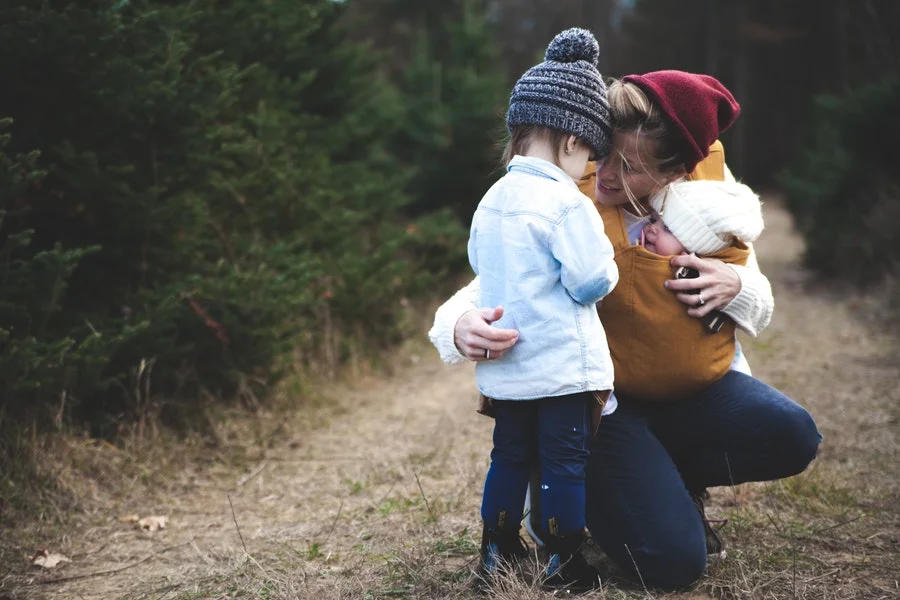The Controversy
This article is undoubtedly going to raise a few eyebrows, incite furore, and invite the naysayers, but what's the point if this is not discussed? This article is written to highlight the issues that come with profound loss that underlie fetal trauma, and all this happens beyond an adoptive parents' control. It must be clear that the message sent is not to cast blame on an adopted child's biological parents as well, because there are many reasons why people decide to give up their children, and offer them up for adoption. Also, it must be noted that many adopting parents are loving and offer an optimal environment/home for "unwanted" children, where they may have been abandoned and never received any. So let's keep an open mind.
It happens in Utero
These considerations aside,... There is so much that occurs from the moment of first conception in utero, throughout pregnancy between mother and child - and all this before birth. We know that this mother-infant dyad connection is difficult to define but so profound to the human experience. Many may not realise that the infant begins to experience the warmth, comfort and security of mum's body, muffled voice and tone, and bodily movements, and it's their very first contact with mum, and the bridge to the inside-outside world. Imagine all this taken away from you forever. Every moment of pain, struggle, hopefulness, joy and elation that comes with any pregnancy journey, some more enjoyable and some not. However, no one can replicate that personal experience between a foetus and its carrier. Hence, mothers' mental health is so crucial to infant mental health, and it is directly associated with secure attachment, both from the point of view of clinical experience and research in the infant mental health arena.
Separation and profound loss
There are many good reasons for adoption and fostering out to actual loving, emotionally available and warmth caregivers, but they can never replace the loss that comes from losing one's own mother from birth. There may often exist situations where in the consulting room that adoptive parents find out there are issues that surface with their adopted child. These may lead to self-blame, anxiety and guilt, especially if they've done all they can to provide the utmost of care for one's child. This is where fetal trauma may manifest itself. Situations where the colicky infant cannot be soothed, perhaps night terrors, and worse, significant emotional dysregulation. I refer to a critical article written by Alex Stavros via LinkedIn, I chanced upon which bravely touches upon this topic. Also, check out Nancy Verriers' book that elucidates this further. Have a look and decide for oneself what it means to take on the responsibility to try and provide care for someone else's children.
Refer to these two references:
(1) But I adopted my child at birth. What do you mean trauma? via Alex Stavros LinkedIn post.
(2) The Primal Wound: Understanding the Adopted Child by Nancy Verrier












Starting the year right and we’re at the Festival of Love Conference 2019 Singapore!